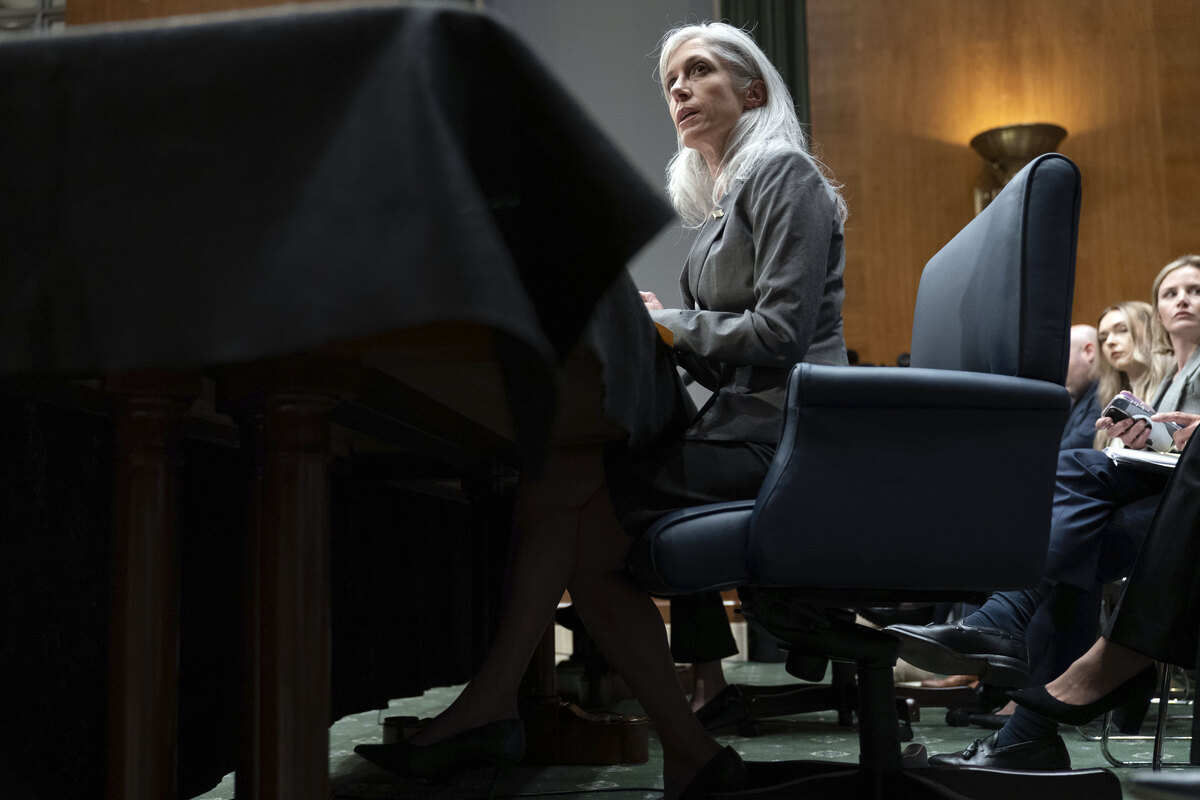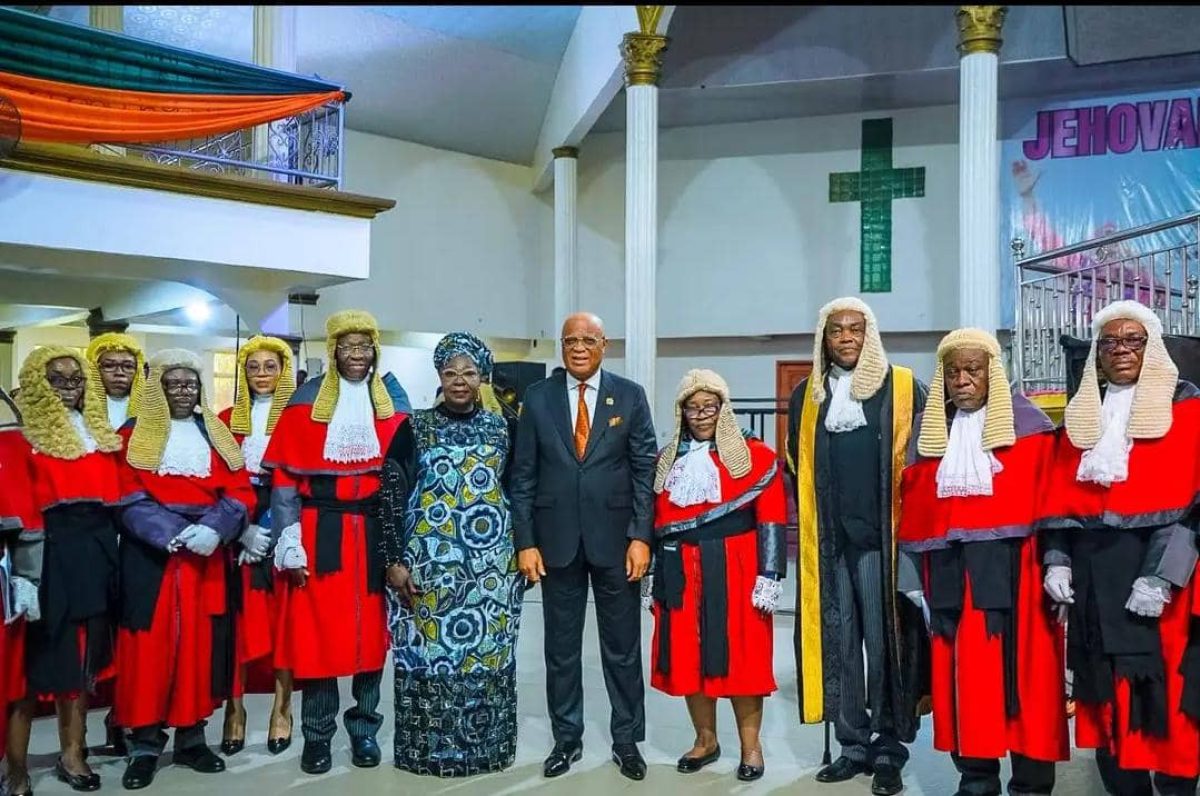
WASHINGTON — America’s public health system is headed to a “very dangerous place” with Health Secretary Robert F. Kennedy Jr. and his team of anti-vaccine advisers in charge, the fired Centers for Disease Control and Prevention chief warned senators on Wednesday.
Describing extraordinary turmoil inside the nation’s health agencies, Susan Monarez and another former top CDC official described exchanges in which Kennedy or political advisers rebuffed data supporting the safety and efficacy of vaccines.
Monarez, who was fired this month after just 29 days on the job following disagreements with Kennedy, told members of the Senate’s health committee that deadly diseases like polio and whooping cough, long contained, are poised to make a comeback in the U.S.
“I believe preventable diseases will return, and I believe we will have our children harmed by things they don’t need to be harmed by,” Monarez said before the Senate health committee.
Monarez said she was ordered by Kennedy to resign if she did not sign off on new vaccine recommendations, which are expected to be released later this week by an advisory panel that Kennedy has stocked with medical experts and vaccine skeptics.
Under questioning from Sen. Susan Collins, R-Maine, Monarez said that when she asked for data or science to back up Kennedy’s request to change the childhood vaccination schedule, he offered none and expected her to approve the plan no matter what it was. Kennedy has denied asking her to pre-approve changes.
Collins, a centrist who is up for reelection in 2026 and voted to confirm Kennedy, has been among a small group of congressional Republicans to defend Monarez in the wake of her firing. At an event this week in greater Boston, she called the ousted CDC director “a person of great integrity” and recounted a recent conversation with her about the firing.
Republican Sen. Bill Cassidy, a physician from Louisiana, carefully praised President Donald Trump for his commitment to promoting health policies but made it clear he was concerned about the circumstances surrounding Monarez’s removal.
“To be clear, he said there was not science or data, but he still expected you to change schedule?” Cassidy during the hearing.
The lines of questioning from Collins and Cassidy illustrate a balancing act between their parties and president. A CNN reporter asked Collins if she regretted her vote for Kennedy. She retorted by wondering aloud whether Democrats regretted voting unanimously against Monarez during her confirmation process.
Sen. Tim Kaine, D-Virginia, apologized to Monarez on Wednesday, saying he had no qualms about her qualifications but had concerns about her “backbone” that had been proven wrong.
“Frankly, she stood up for protecting the well-being of the American people, and for that reason she was fired,” said Sen. Bernie Sanders, I-Vermont, who caucuses with Democrats.
Monarez said it was both her refusal to sign off on new vaccination recommendations without scientific evidence and her unwillingness to fire high-ranking career CDC officials without cause that led to her ousting. Kennedy has described Monarez as admitting to him that she is “untrustworthy,” a claim she has denied through her attorney.
Kansas Sen. Roger Marshall, a doctor, aggressively questioned Monarez about her “philosophy” on vaccines as she explained that her decisions were based on science. Alabama Sen. Tommy Tuberville said Trump was elected to make change and suggested Monarez’s job was to be loyal to Kennedy.
“America needs better than this,” Tuberville said.
The Senate hearing was taking place just a day before the vaccine panel starts its two-day session in Atlanta to discuss shots against COVID-19, hepatitis B and chickenpox. It’s unclear how the panel might vote on the recommendations, though members have raised doubts about whether hepatitis B shots administered to newborns are necessary and have suggested COVID-19 recommendations should be more restricted.
The CDC director must endorse those recommendations before they become official. Health and Human Services Deputy Secretary Jim O’Neill, now serving as the CDC’s acting director, will be responsible for that.
“I’m very nervous about it,” Monarez said of the meeting.
Story by Amanda Seitz and Mary Clare Jalonick. BDN writer Michael Shepherd contributed to this report.



